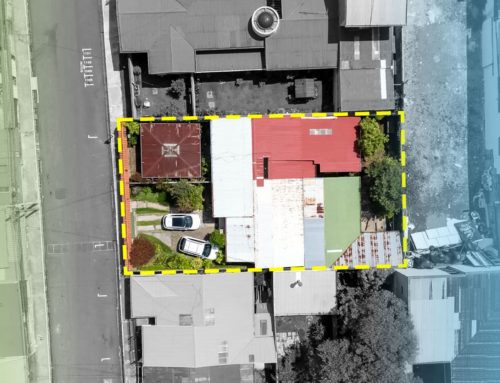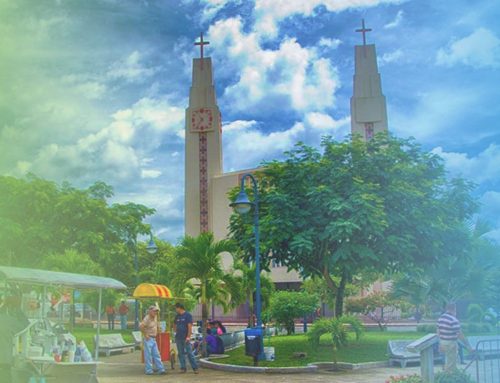Purchasing real estate is an important and exciting step, but one that comes with many responsibilities. In terms of legal responsibilities; in Costa Rica, registering a property correctly ensures that your investment is protected and that it complies with the laws of the country.
In this article, you will find out how to make this process simple and efficient to complete this fundamental step in the acquisition of a new property.

Register your property in Costa Rica
Why is it important?
In Costa Rica, registering a property is essential for the following reasons:
- First, it guarantees legal ownership, as it officially recognizes who owns the property.
- Second, it prevents legal problems, since it avoids property disputes or fraud that may occur in the future.
- And third, it makes future transactions easier. Registering your property will facilitate any sales or mortgages you may wish to make in the future.
These fundamental reasons are in addition to the legal responsibilities of having any property registered in the National Registry.

Steps to register your property
- 1
Go to a notary:
The acts of sale and purchase are certified by a notary, since they consist of a public document. The registration of a property is no exception. - 2
Then, file the deed with the National Registry:
Once the official document is prepared, the deed must be sent to the National Registry for registration. - 3
Payment of registration fees:
Transfer and stamp taxes, which are approximately 2.5% of the value of the property. - 4
Wait for a reply from the registry:
The National Registry will analyze the application, and if everything is in order, the property will be registered in the name requested. - 5
Obtaining a Certificate of Ownership:
Once registration is complete, you can request a certificate confirming your ownership.
Property Registration Requirements
- 1
Public deed: Drawn up by a notary public to authenticate the purchase and sale transaction.
- 2
Cadastral map: A document detailing the location, dimensions, and characteristics of land.
- 3
Municipal taxes up to date: Certification that there is no property tax debt.
- 4
Passport or national identity card
- 5
Registration form: Available from National Registry offices or online.
Useful process tips
- 1
Check the legal background: Before buying, make sure the property is free of liens or mortgages.
- 2
Consult experts: consult a lawyer or a notary, or you can get advised by our real estate agents.
- 3
Use digital tools: The National Registry website allows you to check the status of your case.
Registering a property in Costa Rica is not only a legal requirement, but also a way to protect your investment. Having the right documents and following the right steps can make the process successful.
Do not hesitate to consult professionals to help you do it efficiently. In Nativu, our advisors will accompany you throughout the entire process of buying and acquiring a property.








